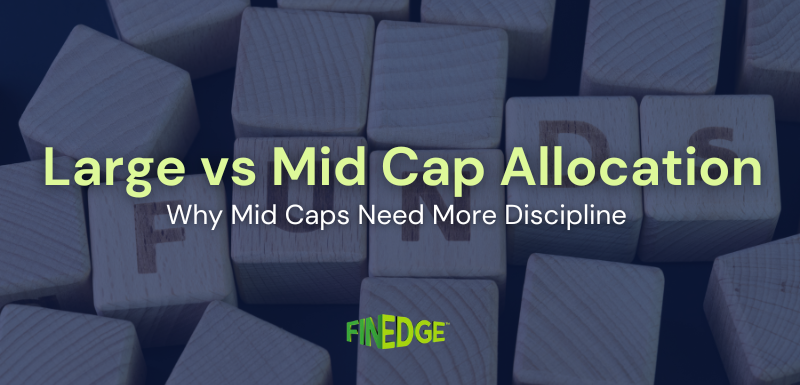What are Robo Advisors and How do They Work?

Globally, the market for robo-advisory services is growing rapidly, and experts believe that the Indian market will follow suit in due course. According to a recent Business Insider Intelligence forecast, robo-advisers will manage investment products worth $1 trillion by 2020 globally, which will go up to $4.6 trillion by as early as 2022. That’s a massive degree of acceleration! As an investor, it’s vital that you know what Robo Advisory platforms are, and how they work.
What are They?
Put simply, Robo Advisors are computerized platforms that aim to provide the services of a Financial Advisor. A typical Robo Advisory platform will automate the process of data gathering, risk profiling, and goal analysis, using a chatbot or web-based application in which investors will need to input their information. Having gathered all your relevant information, a typical Robo Advisor will produce a customized investment solution that revolves around stocks, bonds, mutual funds, and other products that may suit your needs. Most Robo Advisory Platforms will thereafter also offer investors the means to execute these recommendations with little or no need for paperwork.
How do They Work?
At the very core of a Robo Advisory platform lies a custom-built algorithm that’s based on Artificial Intelligence and Machine Learning (AI & ML). This algorithm is critical to the efficacy or the Robo Platform, as it is the sole determinant of the “advice” that flows to investors once they input their data. The inputs provided by you run through the algorithm, and the end result is a set of investment recommendations. In developing this algorithm, Robo Advisors tend to seek inputs from experienced Financial Advisors and experts who aim to transfer their knowledge and decision flows into the core of the machine. Usually, these Robo Advisory platforms are seamlessly connected to many third-party applications using APIs (a type of plug that connects two different software programs).
Are Robo Advisors for You?
That depends on multiple factors. Remember, successful investing is partly about selecting appropriate investment products, but also about how investors manage their emotions and resulting investment decisions. While Robo Advisors certainly provide a smooth, paperless and seamless experience when it comes to starting investments, they are unable to manage the “behavioural” side of investing, and hence many clients come away from Robo Platforms having had a harrowing experience! At FinEdge, we’ve aimed to combine the best of both worlds by commingling the ease and speed of Robo with the essential support of a Human Advisor. If you’re new to non-vanilla investment products or tend to take rash investment decisions, stay away from pure Robo Advisory platforms.
Your Investing Experts
Relevant Articles
When Is the Right Time to Start Investing for Your Goals?
When is the right time to start investing for your goals? Many believe the answer depends on market stability, income comfort, or economic certainty. In reality, the right time is when your goals are clear and you are prepared to act with discipline. Wealth is rarely created by waiting. It is built through consistent participation guided by a defined investment process.
How to Adjust Your Investments After a Salary Raise
A salary hike is more than a pay revision, it is an opportunity to realign your financial direction. The smartest response to higher income is not immediate lifestyle expansion, but a structured review of your goals, debt position, and investment contributions. When handled thoughtfully, each raise can accelerate wealth creation rather than simply increase monthly expenses.
Why Mid-Cap Allocation Needs More Discipline Than Large Cap
Mid-cap allocation demands more discipline than large cap because it comes with sharper market swings. While mid caps offer higher long-term growth potential, they also test investor patience during downturns. The key is not choosing one over the other, but understanding how each behaves across market cycles.
.png)
.png)

